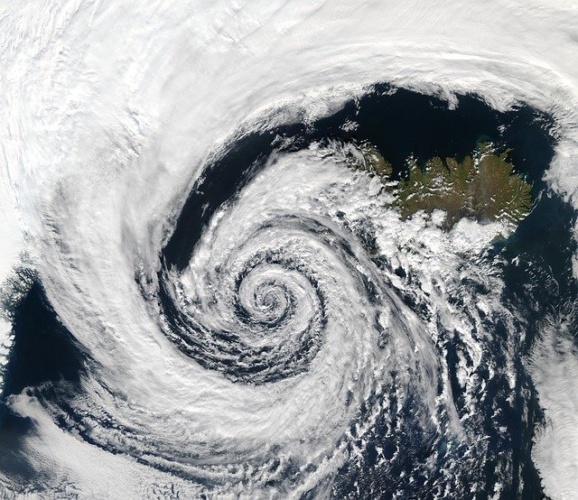
Data from this new supercomputer – which is expected to be the world’s most advanced dedicated solely to weather and climate – will be used to help more accurately predict storms, as well as identify the best locations for flood defences and predict changes to the global climate.
A solution for weathering the future
Last week’s poll: UK infrastructure and extreme weather
“This investment will ultimately provide earlier more accurate warning of severe weather, the information needed to build a more resilient world in a changing climate and help support the transition to a low carbon economy across the UK,” said Professor Penny Endersby, Met Office chief executive.
“It will help the UK to continue to lead the field in weather and climate science and services, working collaboratively to ensure that the benefits of our work help government, the public and industry make better decisions to stay safe and thrive.”
Supercomputers have dramatically improved weather forecasting in recent times, with storms like this February’s Ciara and Dennis predicted several days in advance, giving councils time to plan defences. Similarly, the Environment Agency has used the Met Office’s latest UK climate projections to set out potential future flooding scenarios.
“The agreement to upgrade the Met Office high performance computer is welcome news,” said Professor Ted Shepherd, chair of the Science Review Group. “The improved processing power will deliver a step-change in weather forecasting and climate modelling capability for the UK, such as the further development of the Earth Systems Model, which involves collaboration with the many UKRI-NERC funded research centres.
“Improved daily to seasonal forecasts and longer-term climate projections will equip society with a greater ability to proactively protect itself against the adverse impacts of climate change.”
The government also announced £30m investment for advanced supercomputing services, providing researchers with access to the latest technology and expert software engineers. It’s claimed the funding should boost research into ‘food fingerprinting’ to detect chemical contaminants in food, as well as improving drug design.




Swiss geoengineering start-up targets methane removal
No mention whatsoever about the effect of increased methane levels/iron chloride in the ocean on the pH and chemical properties of the ocean - are we...